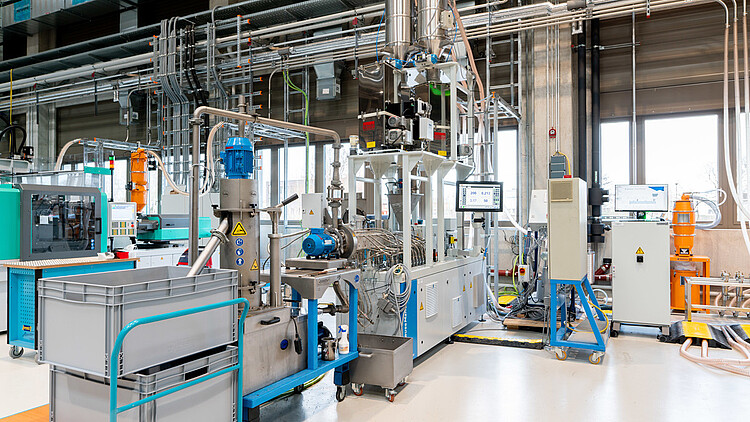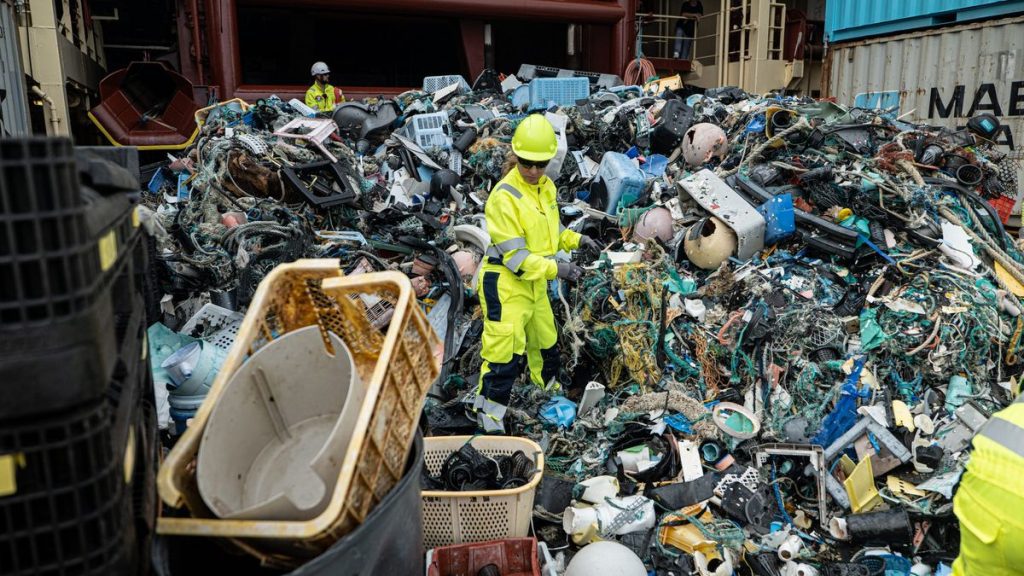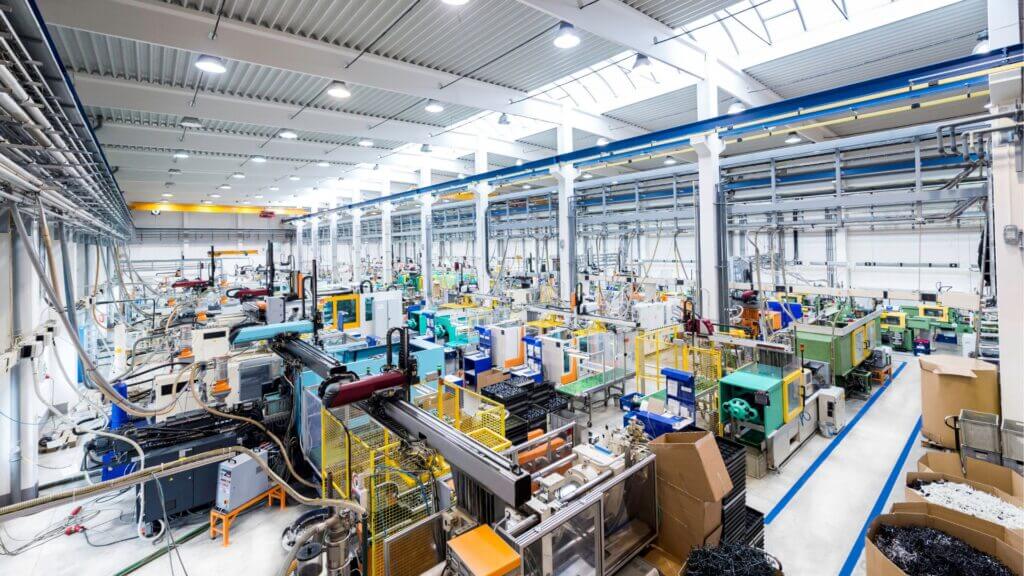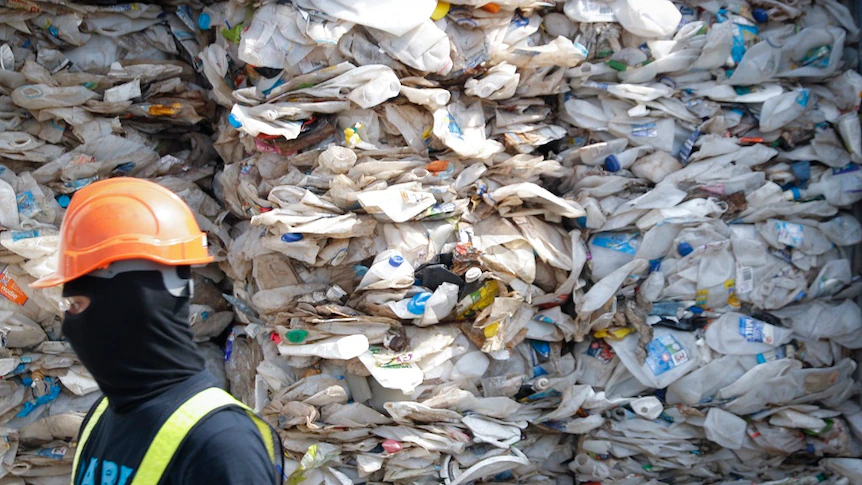What is Asahi Kasei Doing to
Tackle Plastic Waste
Dealing with Plastic Pollution is an essential priority for us. Asahi Kasei is truly committed to reducing Environmental Pollution.
Meaning of Sustainability - In the broadest sense, sustainability refers to the ability to maintain or support a process continuously over time. In business and policy contexts, sustainability seeks to prevent the depletion of natural or physical resources, so that they will remain available for the long term.
Asahi Kasei Premium Wrap helps in reducing food wastage because of its special PVDC film as it blocks oxygen completely.
With people focusing on their diets and lifestyle in a much more religious way and lead orderly lives, becoming sound towards food- its source, preparation as well as disposal is increasing. Keeping in view the subject matter, it is common knowledge that food items are dumped on a regular basis because of bad or average storage conditions. Although we cannot alter the food handling in households, but intermediately and subconsciously individuals can learn and recognize that food can be preserved and maintained for reasonable amounts of time when stored with a suitable wrapping material.
As per the Food Waste Index Report 2021, a staggering 50 kg of food is thrown away per person every year in Indian homes. This excess food waste usually ends up in landfills, creating potent greenhouse gases which have dire environmental implications. We are educating consumers to preserve food properly with the Premium Wrap thorough promotion activities to contribute reducing food wastage.
The food items do not lose moisture and are not exposed to oxygen with its high-barrier property of PVDC special material. The Product has a remarkable ability to prevent passing of oxygen through the film, as much as about 200 times when compared with the regular PE/ PVC cling films and thus, the food item continues to remain fresh very long time and close to its original state of being. This also eventually contributes to reduced food wastage. Unlike several other cling films, multiple folds or rounds of wrapping is not required on the food item to wrap it intactly. Only one round/fold or single-time placement of the Product is required so as to secure the food storage for a standard time. AKI has detected that much more use of a regular cling film (or similar packing material) is done for wrapping a food item as against the Premium Wrap, therefore, the amount of plastic disposal and plastic use of our Product is less. The Product has a very peculiar property of not losing its shape which helps the user to place it on the food item and secure it without any hassle. This also means that the user has the advantage of using the product more efficiently and without any unnecessary throwing of the film on account of shrinking.
Asahi Kasei Premium Wrap is contributing to the society by way of EPR (Extended Producer’s Responsibility) activity (Certificate attached). The EPR activity states that whatever plastics is consumed in the society, Asahi Kasei is contributing to demolish by way of producing cement or roads. To comply with Extended Producers’ Responsibility in Plastic Waste Management (Amendment), Rules 2018, Asahi Kasei India initiated the plastic waste collection and recycling through the Waste Management Company Shakti Plastic. We have registered with the Central Pollution Control Board (CPCB) to ensure a cleaner environment for India. These two agencies have started collecting and recycling plastic waste from the environment on our behalf and provide us with a certificate yearly basis.
The constant request for Biodegradable material as an alternate to plastic may not be the ultimate solution. According to the UN report (Single Use Plastics – A Roadmap for Sustainability) that was published in 2018, biodegradable plastic items break down in the environment only if exposed to very high temperature (above 50° C) which is very rare and this material does not degrade in oceans.
The main raw materials for polyvinylidene chloride are salt (sodium chloride) that can be collected from the sea and ethylene which is produced by thermally decomposing from petroleum. Up to about 70% of the product polyvinylidene chloride is derived from salt (sodium chloride). Since salt (sodium chloride) is almost inexhaustible among the earth's resources, polyvinylidene chloride is a plastic, but it consumes less petroleum resources during production, has less impact on the resource environment, and is kind to the earth.
This also conveys that disposal in the environment is significantly lower and removal of such amount can well be planned in a relatively much shorter period compared to the PE/PVC and other types of plastics which takes longer period to get eliminated because of the existing and constantly growing waste on the planet.
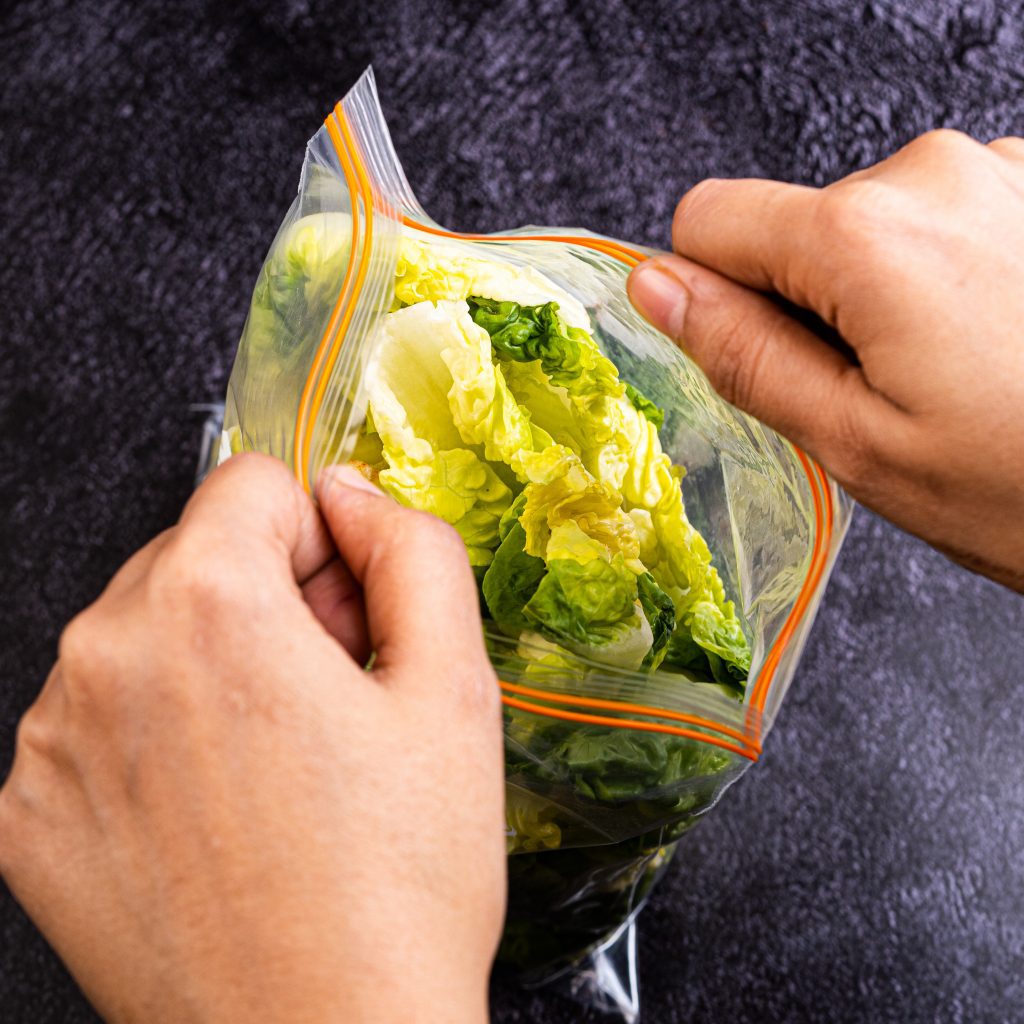
Safety and Quality Assurance: Asahi Kasei's Commitment to Your Health"
In simple terms, the plastic used by Asahi Kasei has undergone rigorous testing to ensure it meets the safety standards outlined in the Food Safety and Standards (Packaging) Regulations, 2018. This regulation requires thorough testing of packaging materials, including plastic, for any food product.
Additionally, the strength of the plastic has been repeatedly tested to guarantee the quality of the product and ensure that it maintains the specified number of probiotic bacteria (650 Crore) L. casei Shirota strain throughout its forty-day shelf life. This ensures that you receive the health benefits associated with the product.
Our plastic is recyclable one.
If it is burnt, no harmful substances are released into the atmosphere.
Plastic we use for our products is polystyrene and made of Carbon and Hydrogen.
Asahi Kasei has been used in 40 Countries and regions for over 50 years.
To comply with Extended Producers Responsibility in Plastic Waste Management (Amendment), Rules 2018, Asahi Kasei India initiated the plastic waste collection and recycling through two Waste Management Companies Shakti Plastics. We have registered with the Central Pollution Control Board (CPCB) to ensure a cleaner environment for India. This agency have started collecting and recycling plastic waste from the environment on our behalf and provide us with a certificate on a monthly basis.
The constant request for Biodegradable material as an alternate to plastic may not be the ultimate solution. According to the UN report (Single Use Plastics – A Roadmap for Sustainability) that was published in 2018, biodegradable plastic items break down in the environment only if exposed to very high temperature (above 50° C) which is very rare and this material does not. degrade in oceans.
